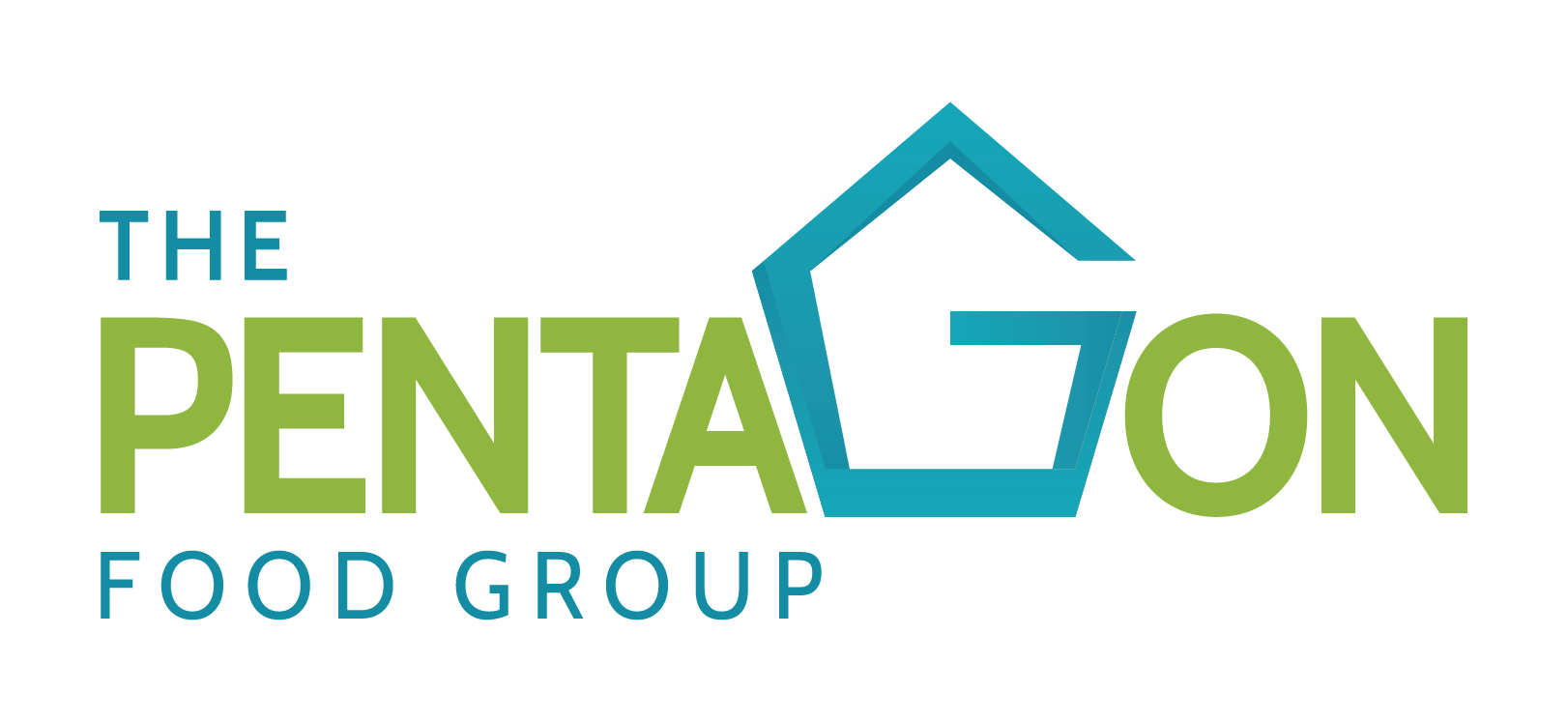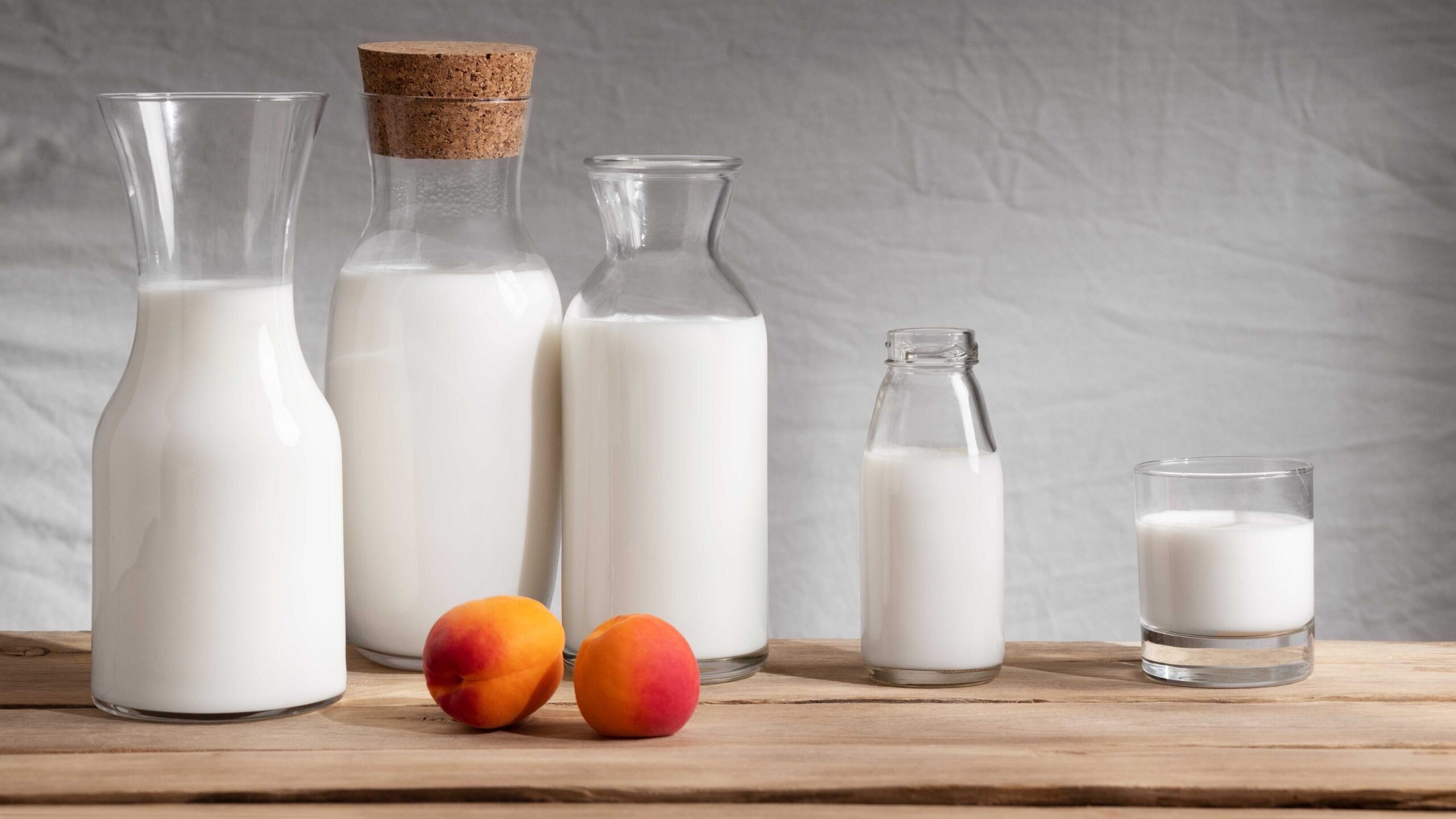Choosing the right milk supplier for your restaurant is crucial for success. Milk is a key ingredient in many dishes and beverages, from coffee to desserts. The quality of milk you use can directly impact the taste and consistency of your menu items. A reliable milk supplier ensures that you always have fresh, high-quality milk available, which helps maintain consistency in your offerings.
A good milk supplier also plays a role in operational efficiency. Timely deliveries prevent delays in service, while competitive pricing helps you manage costs. Furthermore, the right supplier can provide various milk options, from whole milk to dairy alternatives, ensuring you meet the needs of all your customers.
In this blog, we will discuss the factors to consider for selecting a trustworthy milk supplier. By the end, you’ll have a clear understanding of how to make the best choice for your restaurant.
1. Consider Product Quality
The quality of milk used in your restaurant has a direct impact on the taste and consistency of your menu. It’s essential to ensure that your milk supplier consistently delivers fresh, great-tasting milk. Freshness is key, especially if you rely on milk for making coffee, sauces, or desserts.
Check if the supplier offers organic milk or locally sourced options. Organic milk may appeal to health-conscious customers, while locally sourced milk supports local farmers and can be seen as more sustainable.
Additionally, different restaurants have varying needs when it comes to milk quality. For example, coffee shops need milk that froths well, while dessert-focused restaurants may require creamier, richer options. Ensure the supplier can meet these specific needs.
2. Check for Supplier Reliability
A reliable milk supplier is essential to avoid running out of stock. Consistent and timely deliveries keep your kitchen running smoothly. Delays can cause service disruptions, especially during busy periods.
It’s important to assess the supplier’s reputation in the industry. Look for a company with a proven track record of reliability. This can be checked by asking for references or reading online reviews from other restaurants.
Customer testimonials provide insight into how well a supplier performs under pressure. Positive reviews can give you confidence that the supplier will meet your needs.
3. Evaluate Pricing and Payment Terms
Price is a key factor when choosing a milk supplier, but it’s important not to compromise on quality. Compare the prices of different suppliers to find one that offers good value for money.
Look for flexibility in payment terms. Some suppliers may offer discounts for bulk purchases or provide flexible payment plans to help you manage cash flow.
Ensure that the pricing is transparent. Ask for a detailed breakdown of costs, including delivery fees or additional charges. This will help you avoid unexpected expenses.
4. Range of Milk Products Available
A good supplier should offer a variety of milk products to cater to different customer preferences. This includes whole milk, skimmed milk, and non-dairy alternatives like almond, oat, or soy milk.
Consider the packaging options as well. Does the supplier offer cartons for easy storage or large containers for bulk use? Packaging is important for managing storage space in your kitchen.
Meeting the dietary requirements of your customers is essential. Ensure the supplier provides lactose-free or non-dairy milk options for customers with special dietary needs.
5. Delivery and Logistics
The delivery schedule of your supplier is important to match your restaurant’s needs. Some suppliers offer daily deliveries, while others may have weekly or on-demand services. Choose a supplier whose milk delivery service schedule aligns with your usage.
The freshness of milk depends heavily on transportation. Chilled or refrigerated vehicles ensure that the milk arrives in the best condition. Make sure the supplier can maintain this standard for your deliveries.
Additionally, ensure the supplier can meet the volume of milk your restaurant requires. If you need larger quantities, they should be able to supply without causing shortages.
6. Sustainability and Ethical Practices
Many customers are now looking for restaurants that practice sustainability. Consider choosing a milk supplier that uses eco-friendly packaging, such as recyclable or biodegradable materials.
Supporting local farmers or organic milk producers not only helps the environment but also appeals to customers who value ethical food choices. A supplier with sustainable practices can boost your restaurant’s image as an eco-conscious business.
More customers care about sustainability now. they are working with a supplier that shares these values can set your restaurant apart.
7. Customer Service and Support
Good customer service is vital in any business relationship. A dedicated account manager or support contact can make communication smoother and faster.
Response times are crucial if there are any issues with your orders, such as late deliveries or incorrect quantities. Choose a supplier that resolves problems quickly and efficiently.
Look for a supplier that offers multiple communication channels, such as phone, email, or a mobile app. This ensures that you can reach them easily, especially during emergencies.
8. Partnership Opportunities with the Supplier
Building a long-term partnership with your supplier can offer numerous benefits. Some suppliers offer exclusive discounts or promotions for restaurants that commit to long-term contracts.
Consider whether the supplier is willing to collaborate on marketing initiatives. They may provide product samples, seasonal offers, or help promote your restaurant through their network.
A strong partnership can lead to cost savings and provide opportunities to offer your customers something unique, boosting both your menu and business growth.
Read More: Types of Cheese Available in Pakistan
Conclusion:
Choosing the right milk supplier for restaurants is essential for your restaurant’s success, as it impacts the quality of your dishes, customer satisfaction, and operational efficiency. When selecting a supplier, focus on key factors like consistent product quality, reliability, and a range of milk products that suit your specific needs. Pricing should be competitive, but don’t compromise on service and quality. Ensure the supplier offers flexible payment terms and aligns with your delivery schedule to avoid disruptions. It’s also wise to assess their sustainability practices and customer service support. Testing a few suppliers can help you find the best fit based on quality, price, and reliability. Ultimately, partnering with a trustworthy wholesaler who provides high-quality milk and values long-term relationships will benefit your restaurant in the long run.




